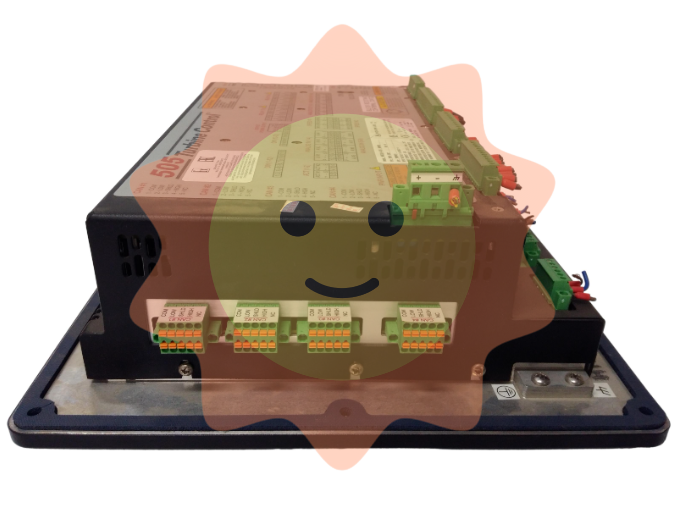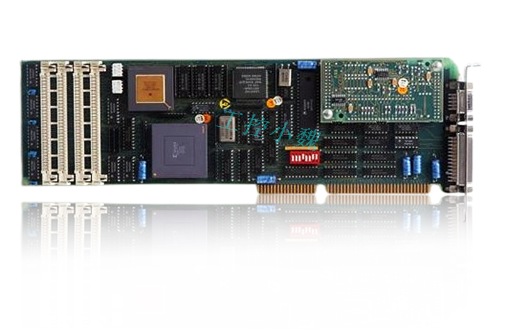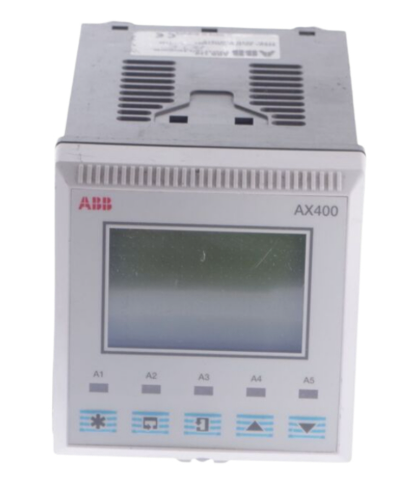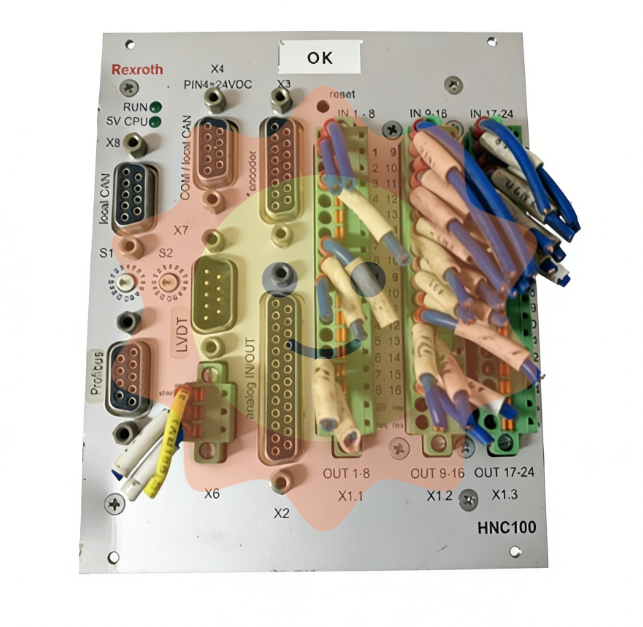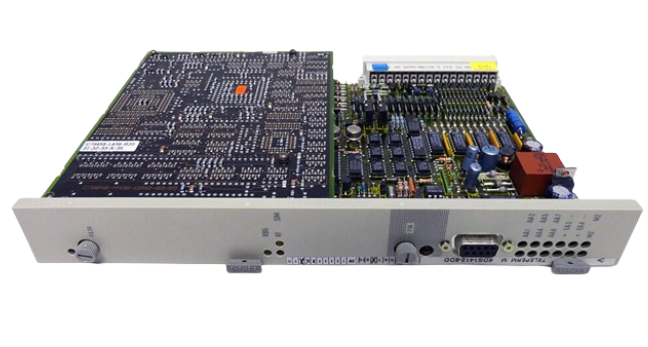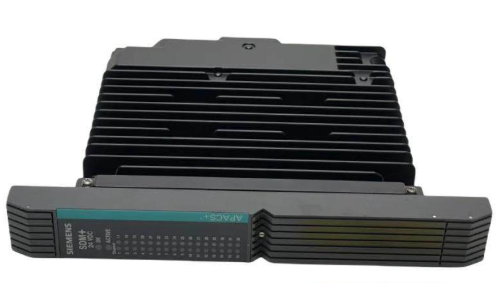Global Food and Beverage Trends 2022, three trends see long-term growth opportunities
On March 9, 2022, Mintel released three global food and beverage trends for 2022: Being in control, having fun and being flexible. Mintel believes that the COVID-19 pandemic, economic volatility and regional and global events from 2020 to 2021 have led to new consumer behaviours, attitudes and values.
Trend 1: Be in control
In times of uncertainty, consumers want to feel in control of their lives, and the slowdown during the pandemic has given people more time to think about their relationship with the planet, according to Mintel. In a Mintel survey of 1,200 Chinese Internet users aged 18-59, 61 percent of Chinese consumers said that being transparent about product and production information improves their feelings about a company/brand. In addition to clear product information, brands also need to communicate their involvement in environmental protection to consumers in more detail, and the practice of corporate social responsibility.
David Faulkner, Director of Food and beverage at Mintel, explains that consumers are "in control" of their food and drink at both the micro level of meeting individual needs and the macro level of decisions that affect communities, countries or the planet.
In 2022, people want to see credibility and more concrete real progress on the brand's health, environmental and ethical commitments. In this context, there are several trends in the food industry for reference:
1. Now: Help consumers regain control of their health
In 2022, affected by the pandemic, many consumers will want to be "in control" of their health. As consumers want to protect their physical health in various ways, food brands can add additional personalized functional ingredients to meet increasingly segmented health needs.
For example, in December 2021, Nestle China Innovation Incubator launched the "milk berry", which uses traditional Chinese ingredients wolfberry, and uses Nestle's "patented emulsification" technology to melt milk and wolfberry into freeze-dried powder. According to the ingredient label, the only three ingredients in the beverage are goji berries, milk powder and vitamin E. [1] The product has a relatively clean ingredient list, and the Chinese herbal medicine wolfberry and milk powder are combined together.
Japanese brand morinaga's protein bars, on the other hand, have added lactococcus lactis and are clearly labeled on the packaging.
2. Now: Manage your health through guilt-free healthy eating
The stress of daily life during the epidemic has led many people to want to find comfort in food, or even "revenge eating". By 2022, more consumers are looking for healthier products to help them achieve their goals of healthy eating and weight control.
According to Mintel, healthy food and drinks in the form of instant meals appeal to 45 percent of Japanese adults, for whom busy lifestyles make it difficult to maintain a healthy diet and the need for products to control their weight is even greater.
Korean food brand Hongblanc has launched a "brown rice Slimming potato chip", which is said to be made from brown rice and sea salt, low in fat, sodium and calories, about 98Kcal per serving.

Japan's Rakuten Food has also launched a "weight management gum", which belongs to the Japanese functional expression food.
The fruit and vegetable fiber cleansing brand "21BEAUTY" is a healthy food brand that adds a "clean label".
21BEAUTY's product design principle is: formula no more than six food products, no added sugar, substitute sugar and additives. In addition, the functional formulas in the product, such as bird's nest acid, sodium hyaluronate, astaxanthin and collagen and other raw materials, are added in accordance with the daily effective dose standard of scientific literature, and no conceptual addition is carried out.
3. Now: Be responsible for environmental and ethical commitments
Mintel Trends predicts that consumers will expect brands to be more transparent about environmental protection and corporate social responsibility. AGF, a Japanese coffee brand, has obtained several environmental certifications and has launched products with an environmental certification label.
Sumida River has also launched a rainforest certified coffee bag. The "Rainforest Alliance" (international NGO), which issued this certification, will evaluate the ecological protection, pesticide use, waste management, labor rights and other benchmarks of coffee production, and only coffee that passes the benchmark and is certified can be called "rainforest certified coffee".
According to Mintel analysis, most consumers understand that it takes time for companies to become environmentally friendly and socially responsible. Brands with low ratings that are currently failing to meet their goals can also earn trust by honestly admitting and publicizing improvement plans.
4. Now: Increased interest in ethical statements
Tan Heng Hong, food and beverage analyst at Mintel Asia Pacific, also noticed ethical claims in dairy products. "As consumers look at dairy products from an ethical perspective, dairy companies in Asia Pacific can focus more on ethical dairy farming. In China, 24 percent of consumers refer to high animal welfare standards when choosing food and beverage products."
- ABB
- General Electric
- EMERSON
- Honeywell
- HIMA
- ALSTOM
- Rolls-Royce
- MOTOROLA
- Rockwell
- Siemens
- Woodward
- YOKOGAWA
- FOXBORO
- KOLLMORGEN
- MOOG
- KB
- YAMAHA
- BENDER
- TEKTRONIX
- Westinghouse
- AMAT
- AB
- XYCOM
- Yaskawa
- B&R
- Schneider
- Kongsberg
- NI
- WATLOW
- ProSoft
- SEW
- ADVANCED
- Reliance
- TRICONEX
- METSO
- MAN
- Advantest
- STUDER
- KONGSBERG
- DANAHER MOTION
- Bently
- Galil
- EATON
- MOLEX
- DEIF
- B&W
- ZYGO
- Aerotech
- DANFOSS
- Beijer
- Moxa
- Rexroth
- Johnson
- WAGO
- TOSHIBA
- BMCM
- SMC
- HITACHI
- HIRSCHMANN
- Application field
- XP POWER
- CTI
- TRICON
- STOBER
- Thinklogical
- Horner Automation
- Meggitt
- Fanuc
- Baldor
- SHINKAWA











